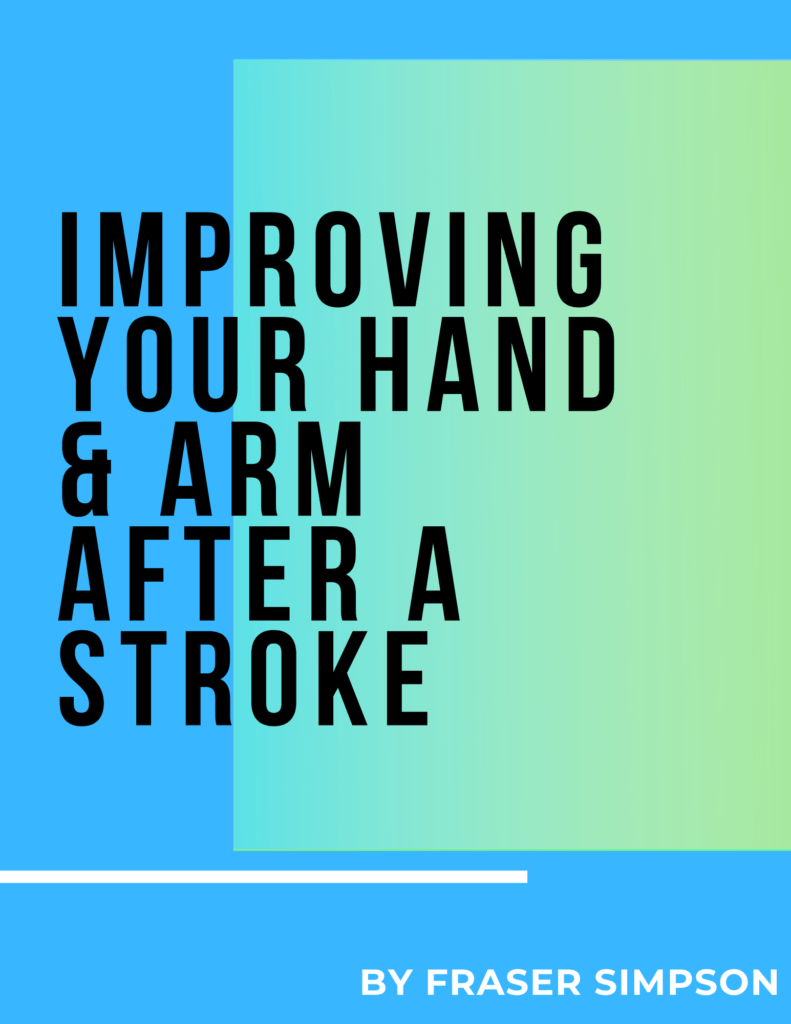When it comes to managing Parkinson’s Disease, early detection can be a game-changer.
Recognising the earliest signs of Parkinson’s not only helps in seeking timely medical intervention but also in planning and implementing lifestyle adjustments that can significantly ease the journey ahead.
At Simpson Physiotherapy, we understand the complexities of Parkinson’s and are committed to helping you navigate this path with knowledge and compassion.
The Importance of Early Recognition
Parkinson’s Disease is a progressive neurological disorder that affects movement.
Symptoms develop gradually, sometimes starting with a barely noticeable tremor in just one hand. But the effects of Parkinson’s extend beyond tremor.
Early detection and diagnosis can give you the best chance of benefiting from treatment and maintaining your quality of life.
Understanding the Initial Indicators
Recognising the early signs of Parkinson’s can be challenging because they are often subtle and vary from person to person.
However, being aware of the common early indicators can prompt a discussion with your healthcare provider sooner rather than later.
Here are some of the initial signs that might suggest the onset of Parkinson’s Disease:
1. Tremor or Shaking
A slight tremor or shaking in a finger, thumb, hand, or chin can be an early sign of Parkinson’s. The tremor usually occurs when the limb is at rest and disappears with movement.
2. Small Handwriting
A sudden change in handwriting, such as smaller letter sizes or cramped writing, known as micrographia, can be an early indicator of Parkinson’s.
3. Loss of Smell
Many individuals notice a decline in their sense of smell several years before the development of motor symptoms. If you find it hard to smell foods like bananas, dill pickles, or licorice, you might want to talk to your doctor.
4. Trouble Sleeping
Sudden movements during sleep or acting out dreams can be a sign of REM sleep behavior disorder, which is linked to Parkinson’s Disease.
5. Stiffness or Slowness
Stiffness in the body, arms, or legs that doesn’t go away as you move can be an early sign of Parkinson’s. Also, if you notice your movements are slower and tasks take longer, this could be a sign of Parkinson’s.
How Simpson Physiotherapy Can Help
At Simpson Physiotherapy, we offer a compassionate and comprehensive approach to managing Parkinson’s Disease.
Our specialised services in neurophysiotherapy provide tailored exercises and therapies designed to address the unique challenges faced by those with Parkinson’s.
We focus not only on managing symptoms but also on improving overall functionality and quality of life.
Taking the Next Steps
If you or someone you love is showing signs of Parkinson’s, it’s important to see a healthcare professional for a thorough evaluation. Early diagnosis and the right support can make a significant difference.
We invite you to reach out to us at Simpson Physiotherapy for guidance and support.
Our expert team is ready to help you understand these signs and to provide strategies for managing the condition effectively. Together, we can navigate the challenges of Parkinson’s Disease with informed care and empathy.
Remember, recognising the early signs of Parkinson’s is the first step towards taking control of your health. Let us help you take that step confidently.
For more information, support, or to book a consultation, please visit our website or contact our clinic directly. We’re here to help you maintain your independence and continue to live a fulfilling life.
Empower yourself with knowledge and expert care—reach out to Simpson Physiotherapy today.
More Free Information To Help With Parkinson’s Disease
Read Our Blog – Regaining Control: Personalised Strategies for Independence Post-Stroke and with Parkinson’s Disease
Read Our Blog – Targeted Relief: How Neurophysiotherapy Addresses Aches and Pains Effectively
Follow Us On Social Media – Facebook



